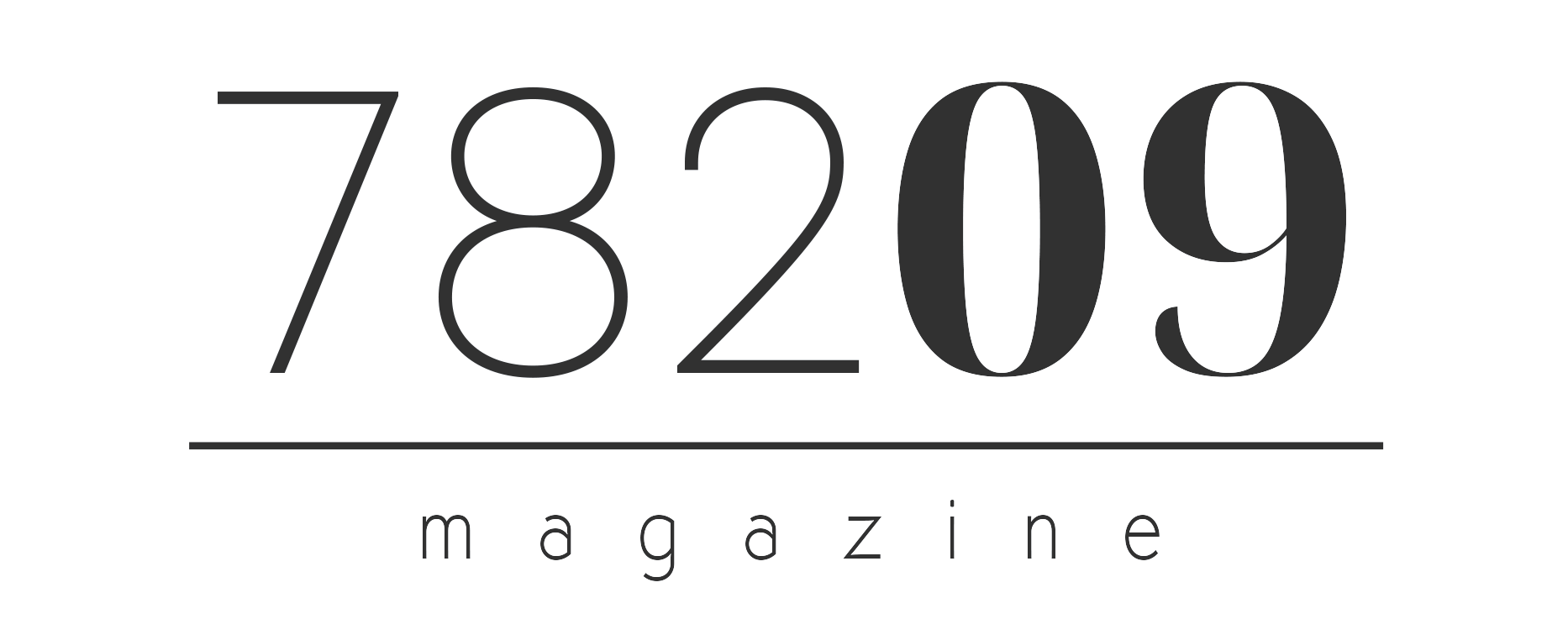
COVID: The College & Career Challenges
By Dana Lofties Reeder
CEO & Founder
Reeder Consulting: College & Career Paths
COVID is a topic that has impacted anyone who has a child in high school or a college freshman. The last 2 ½ years, I believe, will prove to be some of the most challenging times in our youths’ lives. The research has already begun, and I’m hearing from university student success professionals, HS counselors, and mental health providers about the changes they are witnessing. And as a career counselor, I’m seeing it firsthand as well.
In my practice, I help individuals 14 years of age through adulthood identify ideal careers based on who they are and what they enjoy – and ultimately will be great at – through aptitude testing. My research led me to write this article. I work with families all over the US, which, unfortunately, highlighted stories this summer of first-year college students failing out of school at a rate I’ve not experienced to date. Great performers in high school have stumbled in a manner they’ve never faced. There is a reason I’m witnessing this. They missed out on truly learning, so getting back into a formal educational environments has been a struggle. Learning to self-advocate is either a new art or a relearned one. Learning to socialize again is a priority and a significant part of reassimilating into the real world and college life. If any group of kids needs friends, it’s this group. But a challenge can define their future, and I’m passionate about helping them to hopefully avoid that being a negative impact on their career story.
Due to the pandemic, many families could not tour college campuses, which is critical to making an informed decision on if the school is a good “fit.” Many schools made SAT/ACT tests optional, so it was hard for students, and the schools, to determine if they were an academic fit.
A major trend I’m seeing in my research is students having little to no “interest” in their assessment outcome results. In the US, almost all young adults make career decisions based on what they like. The problem is that for 2 ½ years, interest has been stifled. The last two years of high school, and really every year of high school, serve a purpose: an opportunity to grow, explore, learn, play, travel, succeed and fail. All of this was put on hold, affecting the mental health of everyone. So, using “interest” as a major driving force for career selections may not be useful and can create analysis paralysis. In addition, “interest” doesn’t stabilize until a person is 25 years old and is correlated to a person’s life experiences and exposures.
I pull from over 600 careers. There are careers young adults have no idea exist, so how can they express an interest in them? And when a person is depressed, nothing sounds good. That’s why I believe so much in aptitude testing, which is how the brain naturally processes information. My hope is students enjoy the learning process and find careers that feel good to them because it comes naturally.
Career selection and a young adult determining the biggest decision of their life require a comprehensive approach with multiple assessments and testing. These instruments help lay a foundation for these decisions. But an in-depth conversation with a career professional is critical, especially if a child is struggling. As a parent of a college sophomore myself, I know we feel it’s our responsibility to help them find their direction. It’s a responsibility we all take seriously because there’s nothing more important than our wish for our children to succeed in whatever path they decide is right for them. Let’s help them “proceed with confidence.”
A specialist in the career development field and the #1 career counseling company in San Antonio, we work with clients in all 50 states. We help individuals engage in career and aptitude testing to process information through meaningful conversations and give clarity to the stress of career decisions to Proceed with Confidence. For more information, visit www.reederconsulting.com. Contact Dana at dana@reederconsulting.com or 210-749-0470.





